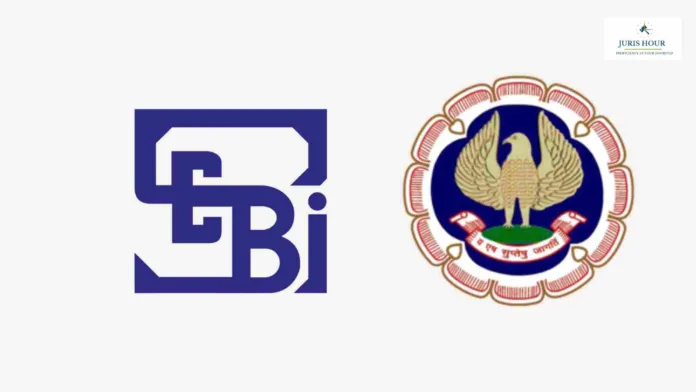Securities and Exchange Board of India (SEBI) Chairman Tuhin Kanta Pandey on Friday underlined the importance of early detection in combating financial frauds, acknowledging that while such malpractices cannot be entirely eliminated, robust mechanisms can help identify them sooner.
Speaking at the Future Proof Forensics 2025 conference in Mumbai, Pandey said the market regulator is intensifying its efforts to strengthen surveillance and enforcement tools to detect and deter fraudulent activities. He cited specific examples of corporate misconduct that SEBI has recently uncovered, illustrating the sophisticated nature of some schemes.
In one case, a listed company had transferred its assets to a subsidiary and then used those assets as collateral to secure a loan. The loan proceeds were subsequently used to settle dues of an entity linked to the company’s promoter. In other instances, companies manipulated financial records through circular transactions involving name-lending entities — ultimately allowing promoters to divert shareholder funds or misuse capital raised via preferential allotments.
Pandey expressed concern over the apparent complicity or negligence of various gatekeepers, including key managerial personnel, statutory auditors, audit committees, and board directors. “Many appear to be approaching compliance as a mere formality, rather than a responsibility,” he remarked. This, he warned, can gravely damage investor confidence and reduce shareholder value.
To address these systemic weaknesses, SEBI has adopted a multi-pronged strategy. This includes tighter regulatory oversight of related-party transactions, the use of artificial intelligence and other supervisory technologies to monitor suspicious financial activity, and mandatory shareholder approval for significant deals. The regulator is also stepping up enforcement actions against violators.
Pandey added that the Institute of Chartered Accountants of India (ICAI) is working on a comprehensive framework to combat financial fraud in the securities market. ICAI is also partnering with SEBI to train officials in forensic audit techniques and fraud risk management.
SEBI’s collaborative efforts extend to other investigative and enforcement agencies as well. Interactive sessions have been conducted with the Central Bureau of Investigation (CBI), Financial Intelligence Unit (FIU), Serious Fraud Investigation Office (SFIO), and National Crime Records Bureau (NCRB), aimed at enhancing coordination in tackling market and digital frauds. Data-sharing agreements have also been signed with the Ministry of Corporate Affairs and the Central Board of Direct Taxes to support ongoing investigations.
On the sidelines of the event, Pandey confirmed that SEBI’s investigation into IndusInd Bank is still underway. When asked about Viceroy Research’s recent reports on Vedanta, he stated that the regulator reviews all relevant information received from credible sources.
With these measures, SEBI aims to create a more transparent and accountable financial ecosystem, safeguarding investor interests and reinforcing market integrity.

